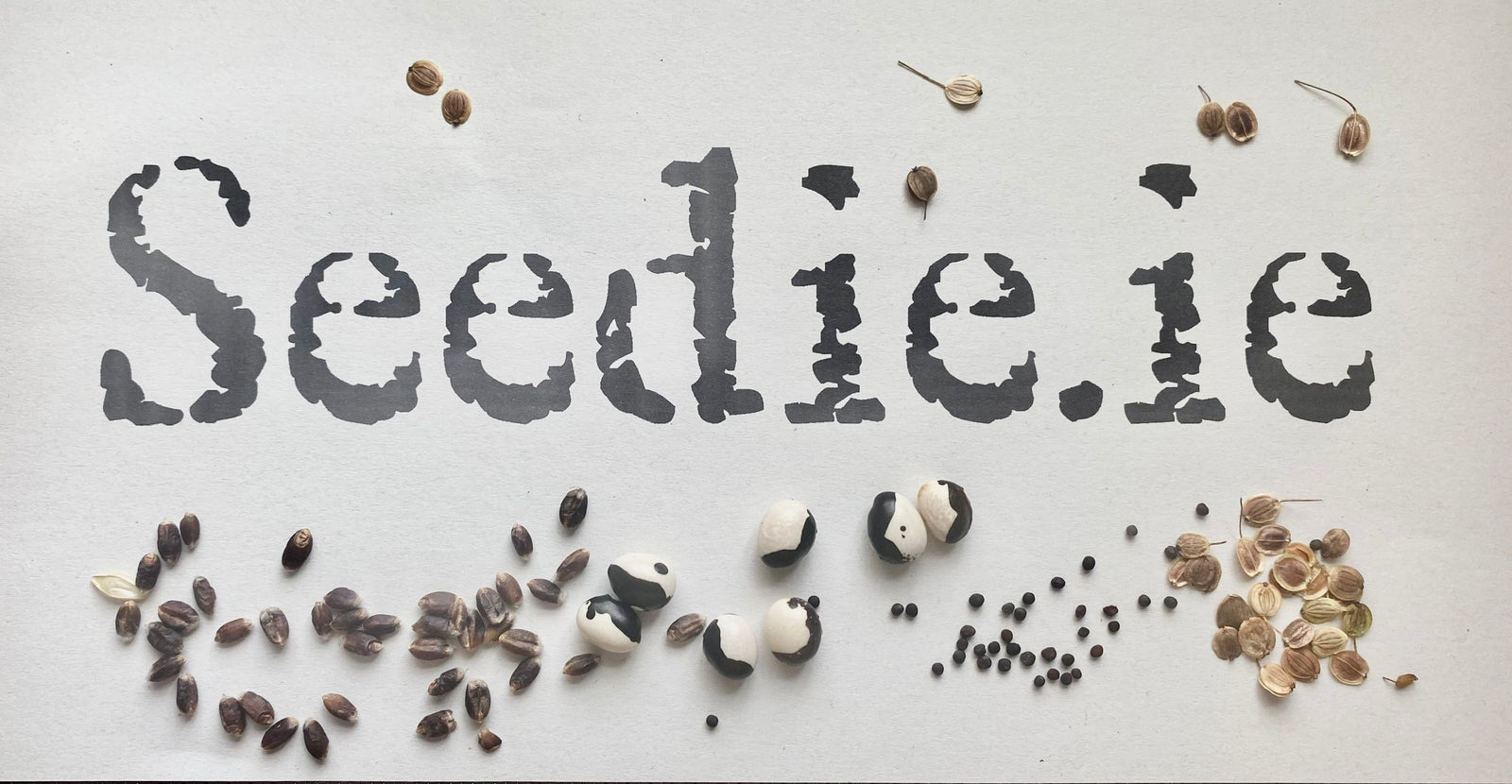Why Open-Pollinated
What they are and why we use open-pollinated cultivars
Open pollinated varieties are those that come true from seed, as opposed to hybrid varieties which are produced by crossing two inbred lines of plants for seed. In the first generation hybrid seeds perform very well and produce uniform crops. However subsequent generations will have a random mix of genes from the two original lines and will not perform as well.
Seeds of domesticated plants have been handed down from our ancestors for thousands of years. They been stewarded by ordinary farmers for most of this time, and this has brought about a vast diversity of varieties. Because of the globalisation of information including the internet which connects us to other growers we have access to a huge range of genetic resources now. This is decreasing all the time as the seed industry consolidates, and old varieties are lost. Old varieties were kept because they produced valuable crops, often under less than ideal conditions. Modern varieties are bred to perform under ideal conditions of climate and fertility, and often perform badly when stressed. We have a window of opportunity at the moment to, make sure each area has varieties suitable to its environment and climate.
Open-pollinated varieties are populations which carry a diverse mix of genes. Natural selection by nature weeds out genes that are unsuitable to an environment, and farmer selection encourages the proliferation of genes that make the plants useful to us. In this way plants that carefully selected varieties can adapt to new conditions. Inbred plants are produced by selecting seeds from a single or small number of very similar plants and self pollinating them. When this is carried out over many generations the individuals become genetically almost identical, which give them very little scope to adapt to new conditions.
Our mission statement is to enable people to grow their own food. Part of that is producing their own seeds. Producing hybrid seeds is not practical for most gardeners, so that is why we use open-pollinated stock.
Every year we trial new varieties from all over the world, especially places with similar climates to here, hoping to find new useful crops for the British Isles. Our catalogue is the result of this search.
